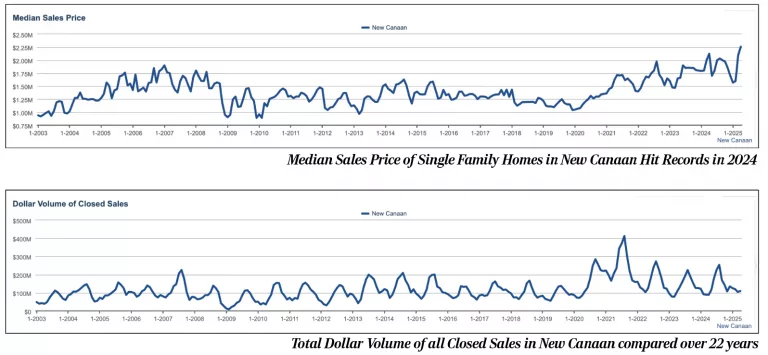By Meg Newton
Did you know that many of the clergy in our community regularly conduct services for the residents of Waveny LifeCare Network? I’m blessed to lead a monthly service in the skilled nursing care unit, and every month I am reminded of what it means to be part of “the body of Christ,” an analogy for the Church that the Apostle Paul uses to remind us of our need for each other and our call to serve one another. In 1 Corinthians 12, Paul admonishes his readers, “The eye cannot say to the hand, ‘I don’t need you!’ And the head cannot say to the feet, ‘I don’t need you!’ On the contrary, those parts of the body that seem to be weaker are indispensable…” When I’m at Waveny, I remember that I need my weak, disabled, or aging brothers and sisters and much as they need you and me. They remind me that our worth is not in what we can do, or what we’ve accomplished, but in how God sees us—as beloved and valuable, worth dying for in order that we might be adopted into his family.
On the flip side, it’s so easy to become the eye or the head that claims, “I don’t need you!” to the others around us. We’re all emersed in a culture that says we can and should be independent, self-made, self-sufficient, able to function and succeed on our own strength and resources. But that’s not actually the way we were designed. God created us to need him, and to need each other. And on one level, we get that—when we see a need, we so often step up to meet it, to be present to someone else. We’ve seen that beautifully enacted in New Canaan when a family is suffering or a tragedy occurs. But do we also step up to say, “Actually, I need a hand” (body of Christ pun intended!)? Or do we think that’s a sign of weakness or vulnerability?
But Paul says, “those parts of the body that seem to be weaker are indispensable.” When we are weaker, God can actually meet us and then use us in ways that he couldn’t otherwise. In a later letter to the church in Corinth, Paul writes, talking about a weakness of his own, “But [God] said to me, ‘My grace is sufficient for you, for my power is made perfect in weakness.’ Therefore I will boast all the more gladly about my weaknesses, so that Christ’s power may rest on me” (2 Corinthians 12:9).
I confess that I do not usually boast in my weaknesses. I want others to think I am competent; I want to succeed, which seems antithetical to weakness. And yet—I also want to be Christ-like. And when I look to Jesus, I see someone who was willing to lay aside all his strength, to succumb to abusers and false accusers, to be tried and executed even though, as he says to his disciples at his arrest: “Do you think I cannot call on my Father, and he will at once put at my disposal more than twelve legions of angels?” (Matthew 26:53). And he endured all of that so that we could actually grow in dependence on him. Because of what he accomplished for us on the cross, we now say, “Only through you, Jesus”—only through him can we be saved; only through him can we know real peace, no matter our circumstances; only through him can we find lasting joy; only through him can we see ourselves as we were created to be.
And, with Jesus as our Head, we as the body can grow in our reliance on each other; we can value our disparate gifts and abilities; we can honor the weaker ones among us; we can celebrate each other’s victories and walk with each other through the darkest valleys. Thanks be to God that Jesus was willing to become the weakest among us in order that we all, together, might be strong. And together we can sing—with the residents of Waveny, who may have forgotten much, but who still have the words to their favorite hymns buried deep within them—“Amazing grace, how sweet the sound, that saved a wretch like me! I once was lost, but now am found, was blind, but now I see.”
Meg Newton is the associate pastor of Trinity Church in New Canaan.


